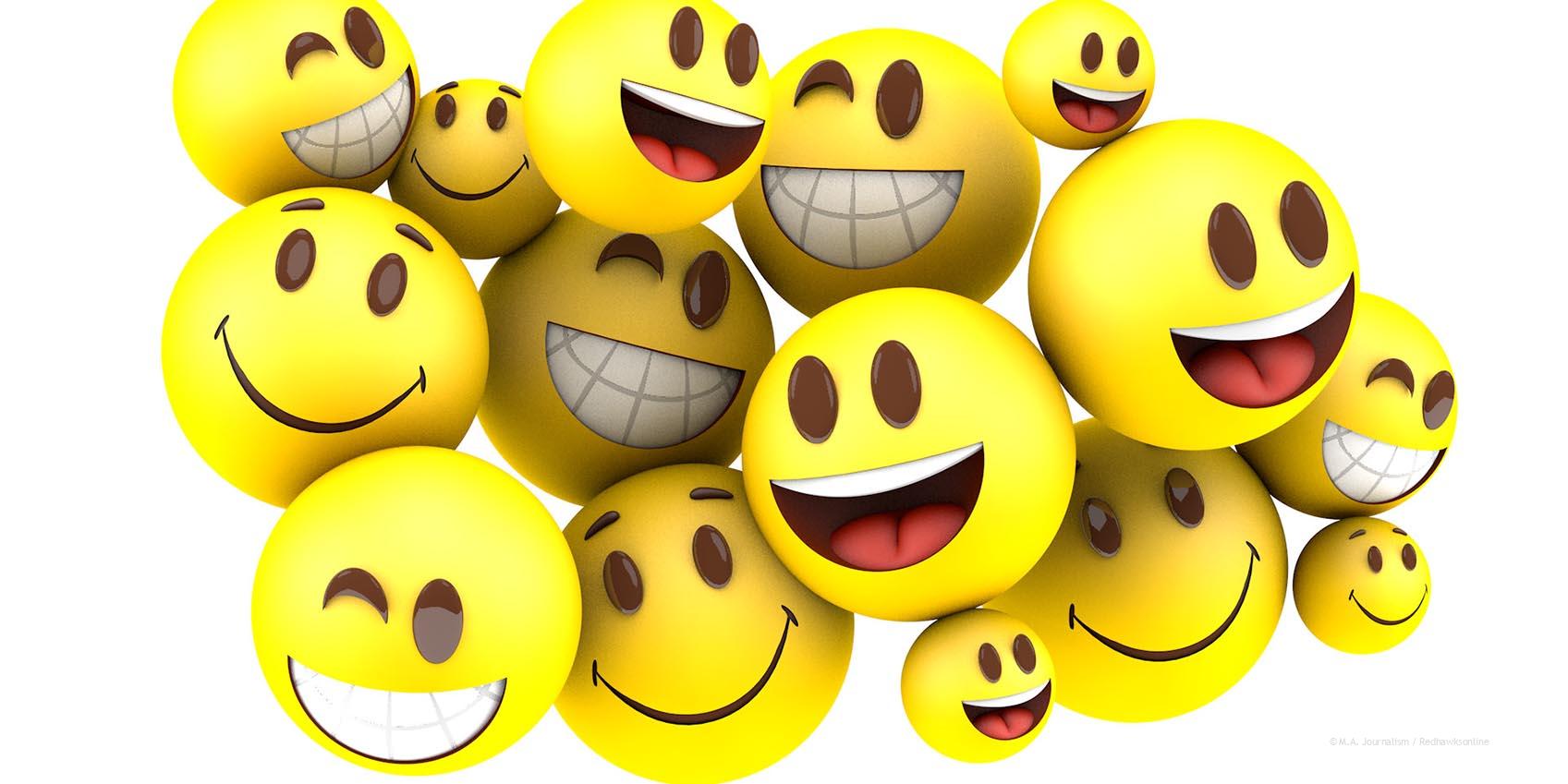How have cultural shifts changed what comedians can joke about?
Talon staff writer Luke Von Arx interviewed two Minnehaha alums who have worked in comedy to find out their opinions about what’s acceptable.
Ella Fredrickson (’17)
How are you connected to the comedy world?
I am on a college improv and sketch team [at the University of Chicago], so in that capacity, I do weekly performances and stuff. I also do training and directing within that, so I teach younger kids in my group how to do improv. I’m in improv classes at the IO, and that’s part of a class system that a lot of people take who either love improv or want to be a comedian. Then I do stand up in various forms around Chicago, and then I’ve produced a couple of shows in the second city.
Where do you believe the line should be, and how has comedy changed?
When we are teaching younger kids about this idea we have this strong rule of no punching down, and that’s something I’m always thinking about, don’t make fun of groups that have been historically disenfranchised, so if you’re going to do accents you can do a German accent and can do a lot of European accents, but I’m not going to do an accident of a country that I’m not from or any marginalized groups.
It feels like a lot of old white comedians always say, “well we can’t say anything anymore,” which I find very frustrating because at the end of the day, stand up and in all comedy, you’re in the entertainment industry, you’re providing a service, and so for them to say audiences can’t take it. It’s like you have a root canal and say it still hurts, and the dentist says, “kids these days hate all their teeth,” so kind of blaming the customer.
I think it’s not a conversation between the performer and the audience. It’s something where the performer has more power in the room, so you’re using that power to make people who have been historically made fun of or neglected or put down, all they can either do is leave, which is a big thing to do or just sit there and take it. I think approaching comedy with a lot of extra passion is always a good thing to do. And I think a lot of these older comedians are somewhat lazy and don’t want to write new material. It can be good to challenge yourself to and say, how can I make my perspective funny and not use cheap shots.
Caroline Pellegrin (’15)
How are you connected to the comedy world?
I graduated this past May, and I went to William and Mary in Virginia. When I was in school, I was doing a whole bunch of comedy stuff. I was in a comedy group, I had a comedy podcast, I would do stand up, and I just got involved with that stuff in college and found a love for it. Then in the spring of my junior year, I took the semester off and interned at the Late Show with Steven Colbert, which was great. And then the summer after my junior year, I interned at Broadway Video Entertainment, which is Lorne Michaels’ company. So I had some internship experience in college. Right now, I’m working as an assistant in a media company, which isn’t really comedy, but I moved to New York in September, and I think my end goal is to work on a live comedy show.
How have you seen the change in comedy over the past years?
I think that Trump’s election in 2016 completely kind of shifted the pacing of comedy. Before, it felt like certain comedians would talk about politics in their acts or writing or shows. But now it kind of feels like comedians almost are expected to do that. It’s almost like the feeling of if you’re not talking about what’s happening in politics, what are you doing? I think it’s shifted to really look at politics, and most comedians I’ve found, I don’t want to wash it totally, but I think most comedians take a more anti-Trump perspective, and so everything has become very politicized. A lot of comedians now focus on punching up in their comedy, so making sure what they’re saying has a clear perspective and isn’t at the expense of more marginalized people.
Where do you draw the line?
This is a really tough question to tackle and one that I think about all the time. A lot of it comes back to your perspective, and what perspective you are writing from. Your identity as a person should inform the jokes that you are writing. For instance, I feel very comfortable making jokes about women. Not saying that women are bad but making jokes that deal with women, I feel more comfortable doing.

